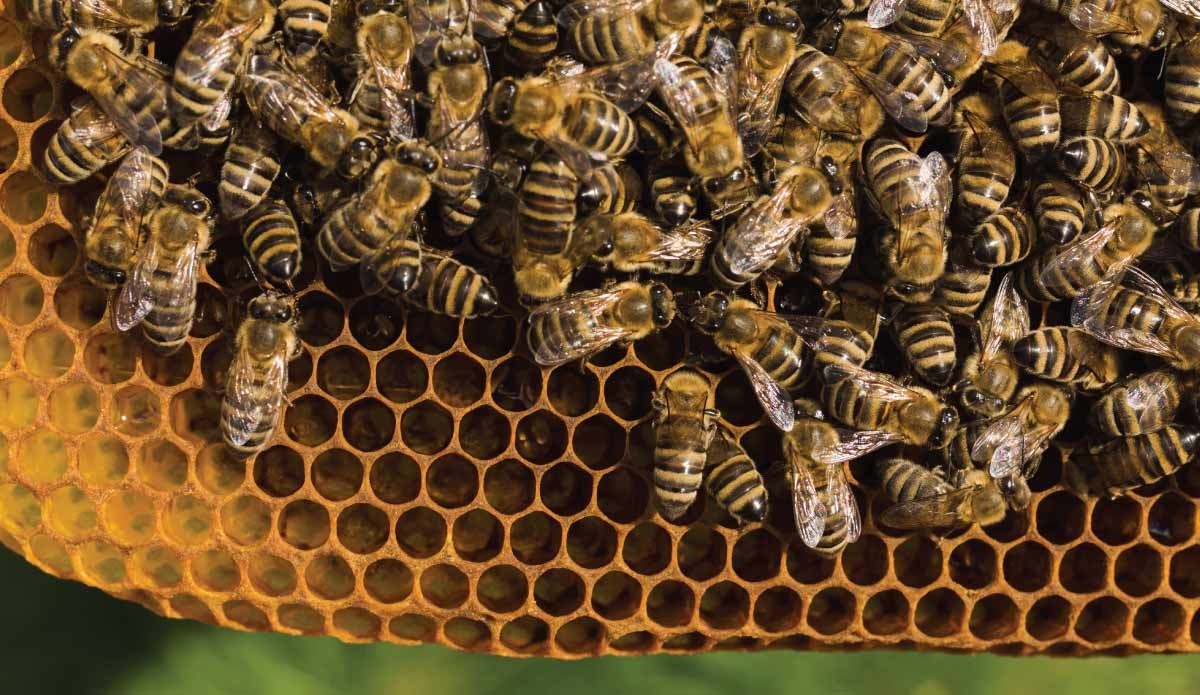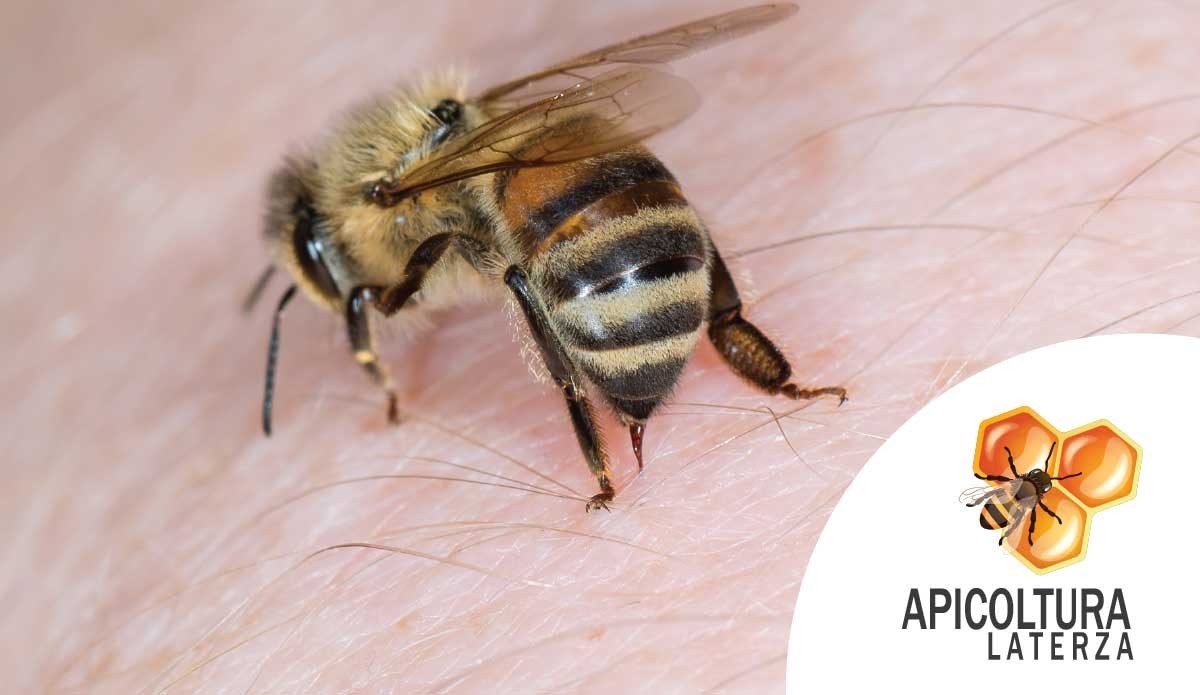How to do organic beekeeping

Relying on organic beekeeping is good not only for the final consumer but above all for the beekeeper himself and for the health of his bees . We have often highlighted how the current conditions of the natural habitat in which bees live have become unfavorable for the settlement of these animals. Let's find out together all the benefits of organic beekeeping and how it is done.
Organic beekeeping: what is it?
Organic beekeeping is nothing more than an activity in which every management process becomes traceable and the use of chemicals or harmful substances of any kind is absolutely banned.
In organic beekeeping in fact, the use of chemical elements is not contemplated even in the case of varroa . Yes, on the other hand, to products based on thymol, oxalic acid and formic acid. Furthermore, only certified organic wax should be used.
Laboratory and labels
As regards the production of organic honey , attention and controls pass through the honey extraction laboratory which will be used only and exclusively for the production of this type of honey. product. Here, the honey extraction operations and the removal processes must necessarily be reported on specific registers in order to be traceable. Finally, each label to be applied to the product packaging must be viewed and authorized by the certifying body.
After passing all checks, your honey can be sold in possession of Bio certification .
Importance of Bio
Adopting a organic regime for your own breeding is very important not only to obtain products of the highest quality and with good purchase conversion but above all to protect and preserve the life of bees. These animals have shown themselves to be stressed by climate change and the pollution of our planet in recent years. There is a need to recreate a habitat that is as natural as possible and suitable for their settlement. The importance of organic has therefore become increasingly important.
Counteracting the weakening of hives
The weakening of hives is a problem that we have been facing for years. To counter this situation, it is appropriate to apply some behaviors aimed at supporting the life of bees. A concrete help to this problem would be to convert to organic agriculture . We know very well how much the chemical pesticides used for intensive agriculture have actually damaged bees as well as causing damage to our planet.
The damage caused by monocultures and intensive agriculture
Monocultures are another striking example that shows us how some of our bad behaviors affect the life of bees . In fact, through the use of monocultures we find ourselves faced with huge monothematic expanses in which pollen is present for a short period. There is no nectar, there is no water and there is a lot of disorientation. The bees, already put to the test for years, with insecticides, pesticides, herbicides and habitat reduction, are dying.
Habitats are increasingly lacking if the land is destined for overbuilding, monocultures, deforestation, cutting trees and shrubs. Bees need continuous blooms which, apart from during the two / three winter months, are always present to ensure food for the family and for the growth of the larvae, for the entire period of activity. An extensive monoculture, even if it provides pollen and nectar , does so only for a short time. Bees, like us humans, need biodiversity . The quality of their food and the variety of their nourishment inevitably affect their immune system and resistance to survive.
All the dangers to bees
Protecting the life of bees is vital for the well-being of our planet. Bees have been fighting numerous battles in recent years. The unfavorable climatic conditions and the lack of food available are not the only problems. The bees also had to resist the arrival of new predators from very distant areas that attacked the native species. An example is given by the feared Asian Hornet or the Vespa Velutina, both responsible for the extermination of hundreds of hives. These species in fact feed on the larvae present in the cells and kill all the rest of the swarm causing a drastic decrease of the hives .
The work of beekeepers
Even the work of beekeepers in the last period has had to face numerous losses. The weakening of bees has put a strain on farming activities and honey production has dropped by about 40%. Fortunately, many initiatives have been created to support this sector but there is still a long way to go.
The beekeeper does a very important job, so much so that he is considered a real modern hero. He must promote the sustainability and survival of bee families and protect its ability to produce honey throughout the year. The interventions in support of the swarms are very numerous and the work is a lot. Beekeepers intervene in relation to bees to give them nourishment when it is lacking, to avoid the spread of parasites and apply measures to avoid or control swarming. Each process needs to be done in a timely manner and with the utmost care so that it is truly beneficial for the prosperity of bees .
Do you want to buy queen bees online?
If you own a farm and need to buy queen bees online , our advice is to always rely on trusted beekeepers. Apicoltura Laterza deals with the production of virgin queen bees and fertile queen bees of the Buckfast breed and of the Ligustica breed but also of nuclei , swarms and beekeeping material.
Buy online without complications! Access the page of Availability in real time or, if you need further information, contact us !






